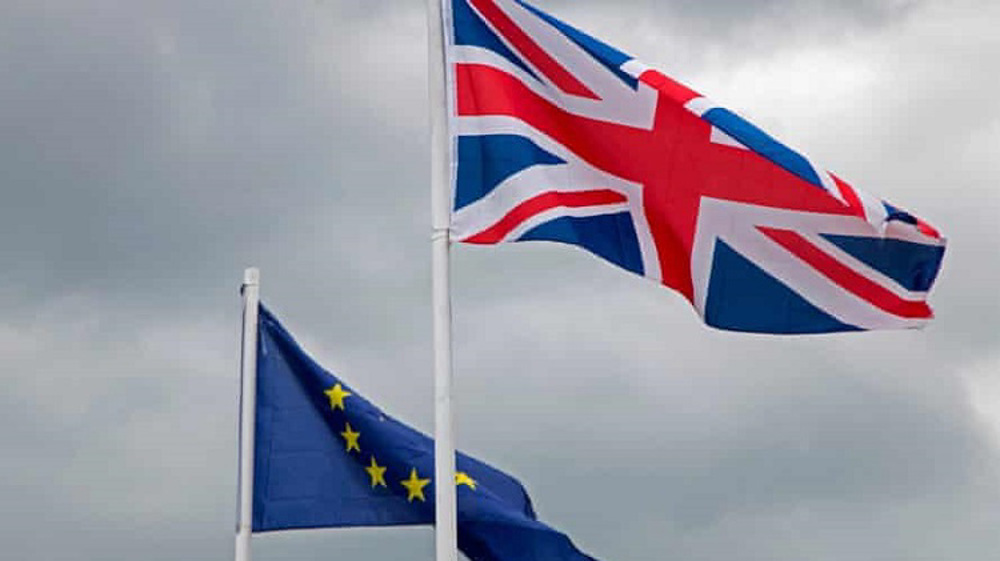British citizens and businesses told to expect ‘disruption’ in early post-Brexit period
As European Union (EU) ambassadors approved the post-Brexit trade deal, a leading British government minister has warned the public to expect “disruption” in the weeks and months ahead.
The end of the Brexit transition period on Thursday (December 31) is expected to adversely impact British travelers to the EU on at least two major fronts.
Foremost, British travelers that previously enjoyed free health care in EU states by virtue of their European Health Insurance Card (EHIC), will now have to pay for health services.
In addition, mobile roaming charges that had previously been abolished are expected to be re-imposed on British travelers in the EU zone.
In an interview with Sky News, cabinet office minister, Michael Gove admitted there will be “some disruption” as the nation gradually “adjusts” to the new realities.
Gove was at pains to stress that it was “important” for British holidaymakers to take out adequate travel insurance with healthcare cover before travelling to the EU from January 01.
Meanwhile, in a separate interview with the BBC, Gove warned businesses that time was “very short” to make the “final preparations” before the conclusion of the transition period.
"The nature of our new relationship with the EU - outside the Single Market and Customs Union - means that there are practical and procedural changes that businesses and citizens need to get ready for", Gove warned the business community.
"We know that there will be some disruption as we adjust to new ways of doing business with the EU, so it is vital that we all take the necessary action now", he added.
The Brexit trade agreement – covering approximately £660 billion of trade – was unanimously approved by EU ambassadors on Monday (December 28).
However, the agreement is not expected to be formally ratified by the European Parliament until early in the New Year.
For their part, the UK Parliament (House of Commons and House of Lords) are expected to ratify the agreement later this week and before the end of the transition period.
The opposition Labor Party has already indicated it will support what it has described as a “thin” treaty, as the alternative according to Labor would be a chaotic “no-deal” situation.
In an interview with Sky News, Labor’s shadow chancellor, Anneliese Dodds, said while it was a “relief” the agreement had been secured, nonetheless business leaders remain concerned about the deal and its repercussions.
"There will be people struggling to understand what this deal means for them - this is a real scramble for a lot of businesses to get ready for", Dodds claimed.
Meanwhile, the Scottish National Party (SNP), has confirmed it will vote against the deal, with the party’s Westminster leader, Ian Blackford, describing the agreement as an “unforgivable act of economic vandalism and gross stupidity”.
We avenge the innocent until our last breath: Iran's parl. speaker
170 students, teachers martyred in ‘deliberate’ strikes on Iranian schools: Minister
Iran’s air defense systems down six advanced Hermes drones
US defenses overwhelmed by Iran’s drone and missile barrages: WSJ
IRGC says second US THAAD anti-missile unit destroyed
CNN journalists abducted by Israel while reporting on damage from Iranian strikes
Iran denies attacks on Oman as it warns of US-Israeli ‘false-flag’ ops
Iran knows where Netanyahu convenes his meetings: Ex-IRGC chief












 This makes it easy to access the Press TV website
This makes it easy to access the Press TV website